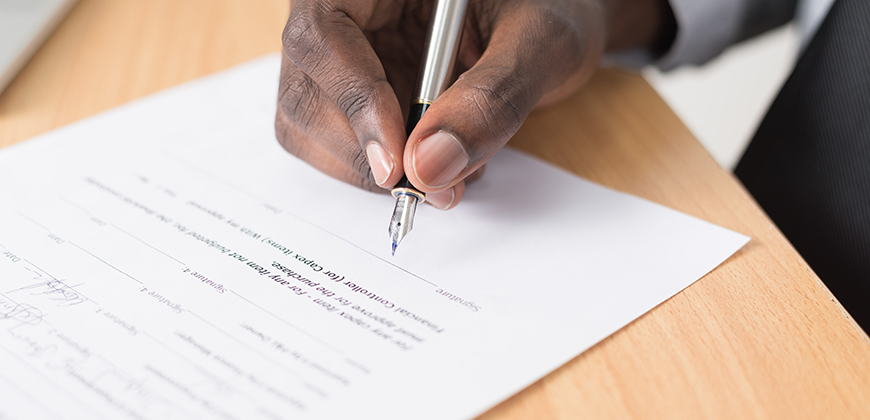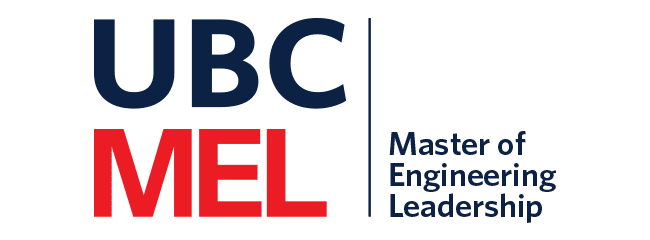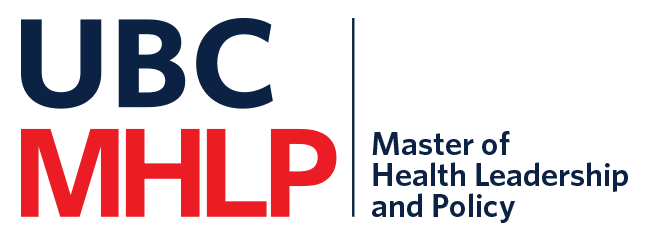
Guest Speaker Series: Joanna Shea on Achieving Win/Win Negotiation Outcomes

On September 15, Master of Engineering Leadership and Master of Health Leadership and Policy students were excited to welcome back Joanna Shea, Founder of 3P Energy Consultants. The topic for the session was how to prepare, engage, and aim for the win/win outcome during negotiations.
Negotiating Styles
First, Joanna introduced MEL and MHLP students to the various styles of negotiating that exist, so that might better understand their individual negotiating style, whether it be competing, collaborating, compromising, avoiding, and accommodating. Through partner activities and exercises, students became familiar with their style.
Of the various styles, the two most prominent techniques within the MEL and MHLP students were competing and collaborating.
Joanna guided students in recognizing their negotiating style so that they might better prepare for and engage in negotiating sessions effectively so that they might achieve a positive outcome for all parties involved, such as hiring managers, supervisors, consultants, recruiters, contractors, or other potential parties.
Preparing for the Negotiation
After outlining the pros and cons of the various negotiating styles, Joanna then shared best practices for preparing for negotiating. Joanna advised students to:
- Collect as much data as possible about the organization, team, or person you will be negotiating with, using both your IQ and EQ, so that a mutually beneficial outcome might be recognized
- Focus on your (and your organization’s) priorities as well as the priorities of your counterparties to that you can aim for a win/win outcome
- Understand what you intend to get out of the negotiation; be clear on your expectations and highlight your “walk away points” or deal-breakers before the meeting
Joanna explained that thorough research and preparation allows you to remain nimble and quick-thinking during the negotiation meeting. Further, preparation lends you the confidence to prioritize your ‘wants’. She then highlighted that inexperienced negotiators often fail to prioritize their wants and struggle to explain the reasoning behind them.
The Negotiation Process
When engaging in the negotiating process, strong negotiators will:
- Build a rapport with the counterparty and establish a positive relationship so that the negotiation process will be a more positive experience
- Plan pre-meetings with the counterparty to discuss all potential opportunities of partnership
- Focus on listening—does what your counterparty is saying align with what you assume their needs, wants, and non-negotiables are?
Next, students were introduced to the challenges of managing data flow and personalities. Joanna highlighted the importance of understanding the needs, wants, and non-negotiables of the counterparty, and establishing trust with them.
When presenting offers and solutions, Joanna recommended working through any remaining items with the counterparty, bundling and grouping outstanding items while explaining your reasoning behind the grouping. If any deal-breakers arise, reconvene and discuss them face-to-face.
Closing the Negotiation
When closing a negotiation, there are various action items to keep in mind:
- Determine you have addressed all of the material terms so that unnecessary follow-up meetings can be avoided
- Ensure that all parties have decisionmaker support to ensure ‘buy in’ from the room
- Confirm that all parties actually agree to all terms to avoid any future confusion or frustration
- Acknowledge the efforts put into the negotiation process by both sides
- Walk away knowing that you could and would do business with this party again
The cohort left the presentation with a better understanding of the tools and techniques needed to successfully prepare, engage, and present mutually beneficial solutions in a negotiation.
The Master of Engineering Leadership and Master of Health Leadership and Policy programs prepare students for technical and business challenges. Through professional development workshops and presentations, students gain valuable professional knowledge from industry leaders so that they might graduate from the program with the professional skills to confidently move into positions of leadership.
Application Deadlines
The online application portal for the January 2025 has closed.
Get ready to apply!
Admissions for the 2026 intake will open on January 1, 2025.
How to Apply


